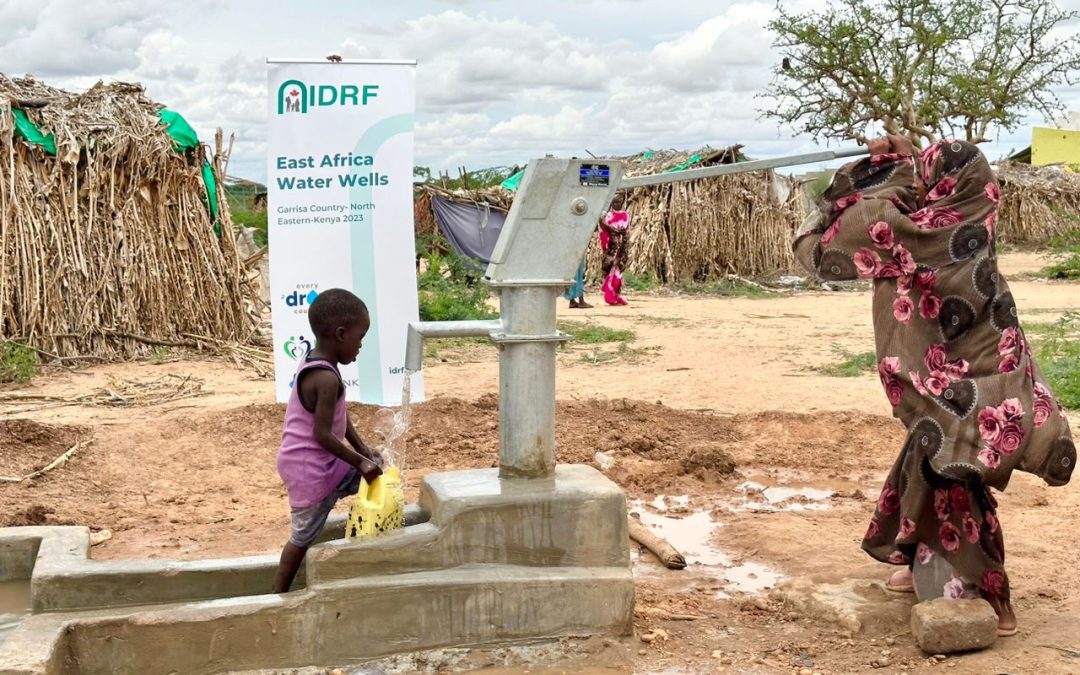Water scarcity and global crises affect communities worldwide. Clean water is essential for survival and development in poor countries. Without it, communities face multiple challenges hindering progress and well-being. Clean water is crucial for drinking, hygiene, sanitation, agriculture, and economic growth. By securing access to clean water, impoverished countries establish a strong foundation for improving health, education, and socio-economic conditions.
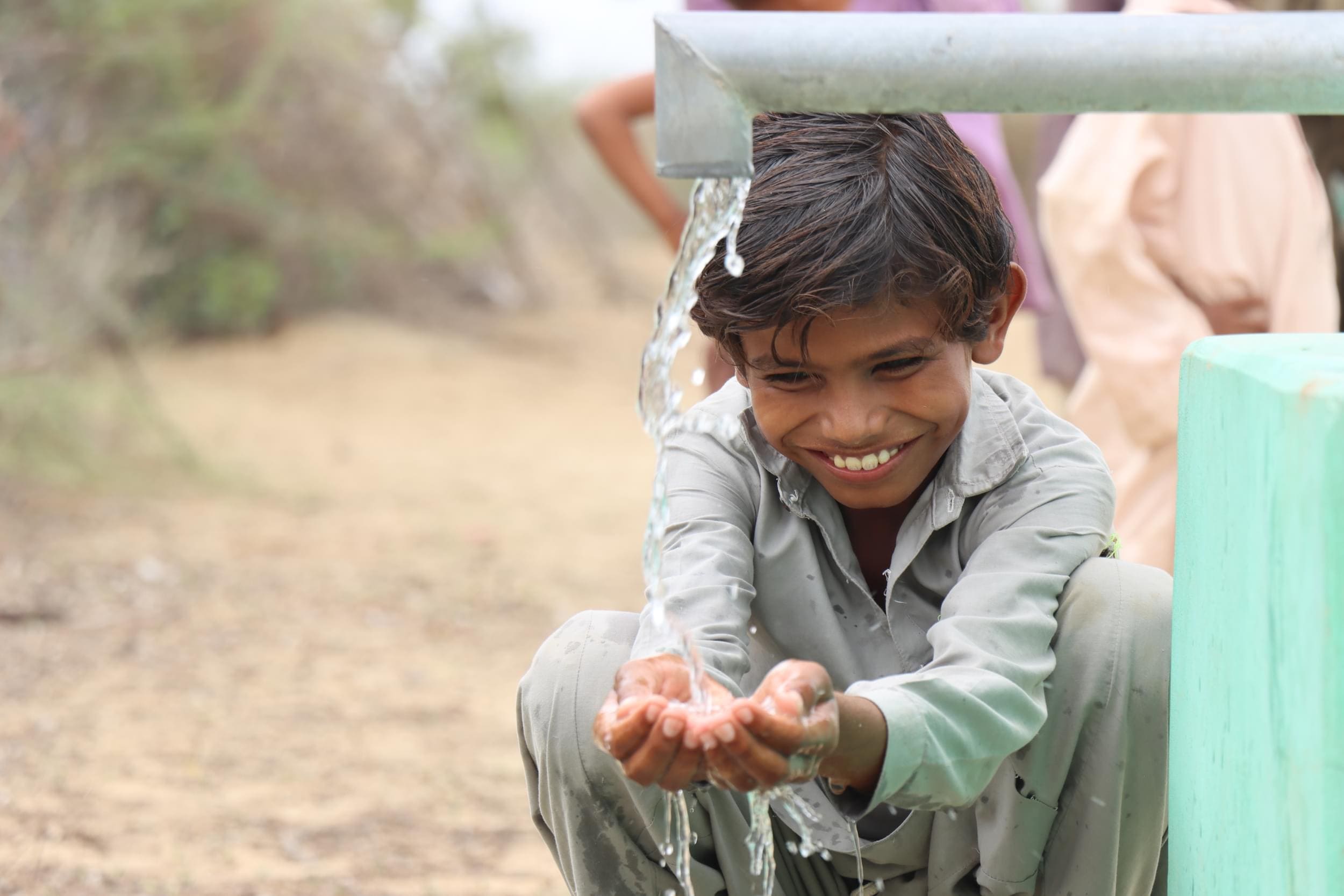
The Global Water Crisis: A Threat to Communities
The global water crisis encompasses water scarcity, water security, and the impact of climate change on water availability. With a growing population and increasing water demand, providing access to clean and safe water for all is becoming increasingly challenging. This crisis affects communities across the globe, with developing countries facing severe degrees.
Impact on Developing Communities
Water insecurity has a profound impact on developing communities, especially in rural areas. These communities lack basic water infrastructure, making access to clean water a daily struggle. Urban communities may have better infrastructure but face water quality issues due to inadequate treatment and distribution systems.
The disparity in clean water access perpetuates inequality and hampers community development. Vulnerable groups, like women and children, bear the brunt. Women and children often spend significant time and effort collecting water, hindering education and economic opportunities.
The Urgency of the Clean Water Crisis
The numbers are alarming. Globally, 2 billion people lack safe drinking water, and nearly half the world’s population have inadequate sanitation services that leave human waste untreated. Countless children and families lack proper water, sanitation and hygiene (WASH) services. Each year, preventable causes related to unsafe water and poor sanitation claim the lives of at least 1.4 million people, greatly affecting children. Correspondingly, about half of all healthcare facilities, where hygiene is crucial, lack water, soap, or hand sanitizers. The absence of these vital services leads to illness, hindered education, especially for girls, and can even displace entire communities due to water scarcity.
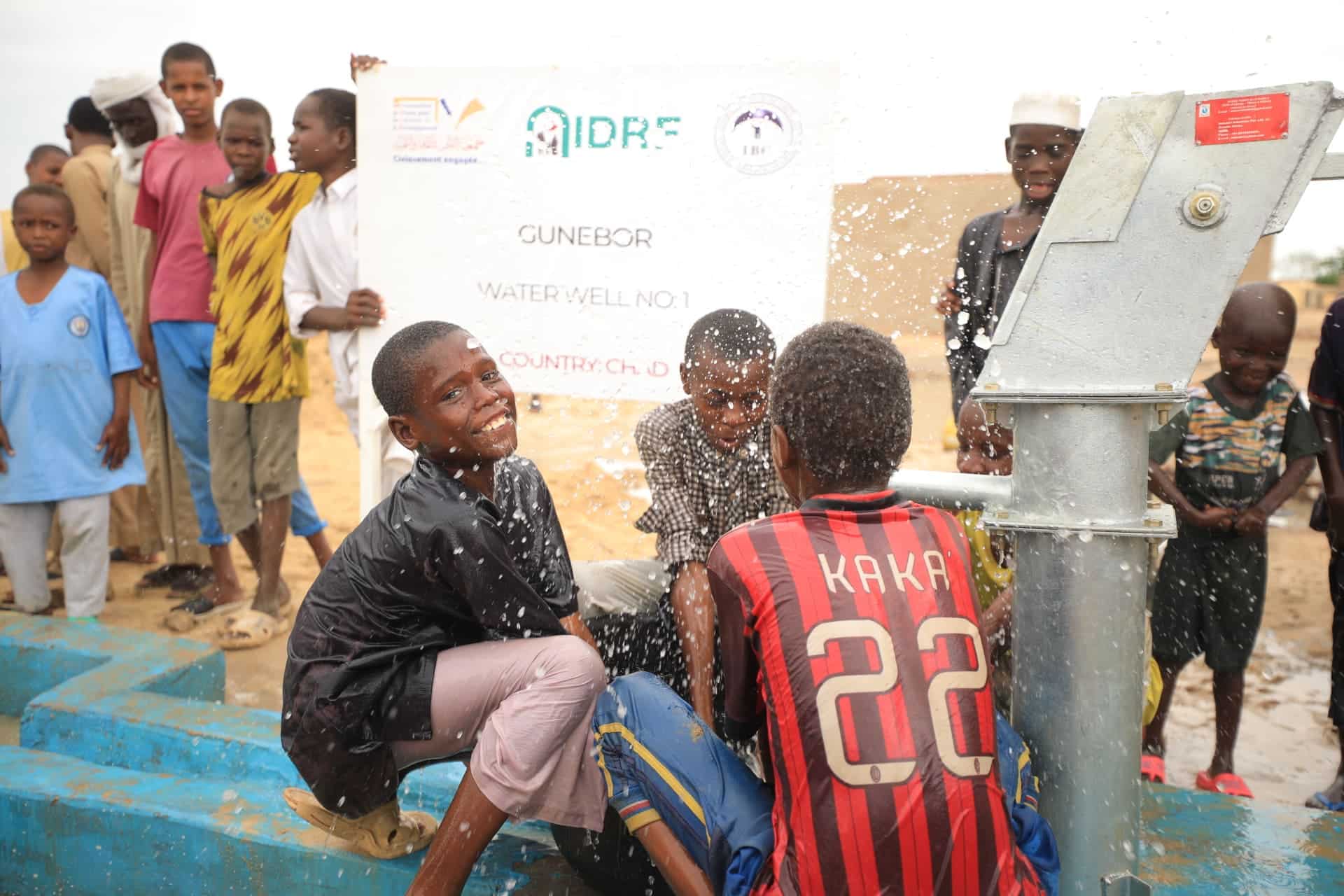
The Challenges of Access to Clean Water in Developing Communities
Limited Infrastructure: Developing communities lack the necessary infrastructure for clean water provision, leading to contamination and scarcity.
Geographic Constraints: Some regions face challenges like arid climates or remote locations, exacerbating the water crisis and causing waterborne diseases and economic hardships.
Financial Constraints: Limited financial resources hinder investment in water infrastructure development and maintenance.
Lack of Awareness: Lack of awareness about the importance of clean water and proper sanitation practices contributes to the persistence of water-related challenges. Education and awareness campaigns are crucial to address this issue effectively.
Clean Water is Essential for Communities to Thrive
Clean water is essential for the well-being and success of communities. It plays a crucial role in various aspects of life, including sustainable development, economic growth, energy and food production, health, and the protection of ecosystems. Having access to clean water is vital for promoting economic productivity, fostering social development, and reducing poverty. It empowers communities to engage in productive activities like farming and entrepreneurship. Clean water is also instrumental in generating energy and ensuring food security through irrigation.
Additionally, it safeguards public health by preventing waterborne diseases and enables the preservation of biodiversity and ecological balance. To ensure the well-being and prosperity of communities, it is imperative to prioritize the availability of clean water and invest in water sanitation infrastructure. By doing so, we can create a brighter and more sustainable future for all.
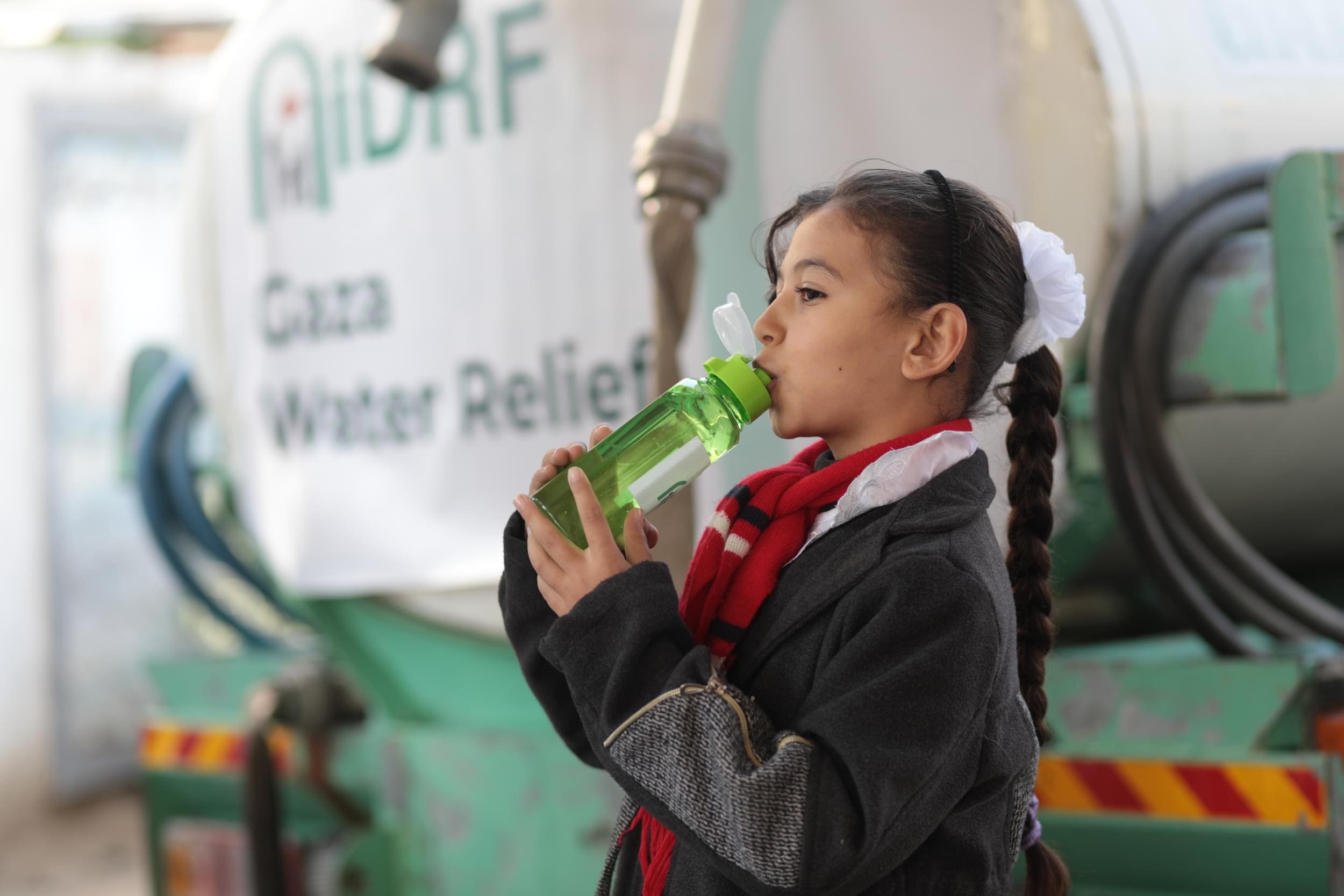
Clean Water and Education
Clean water is not just a basic necessity; it holds the power to shape the future of education, especially for children in developing communities. Unfortunately, the lack of reliable access to clean water creates a formidable barrier, trapping children in a cycle of hardship and poverty.
According to UNICEF, inadequate sanitation facilities for girls result in school absences, with one in 10 girls in Sub-Saharan Africa missing school during menstruation. Women and girls shoulder the burden of fetching water, often undertaking long and perilous journeys to unsafe water sources. This reality starkly highlights the urgency of addressing these challenges to ensure equal educational opportunities.
On a global scale, 140 million hours each day are spent by women and children fetching water, robbing them of vital educational and reinforcing gender inequalities.
By providing clean water infrastructure in schools and communities, children gain more time for education. Improved sanitation creates safer learning environments, boosting attendance and educational outcomes. Empowering communities through clean water and education ensures a brighter future.
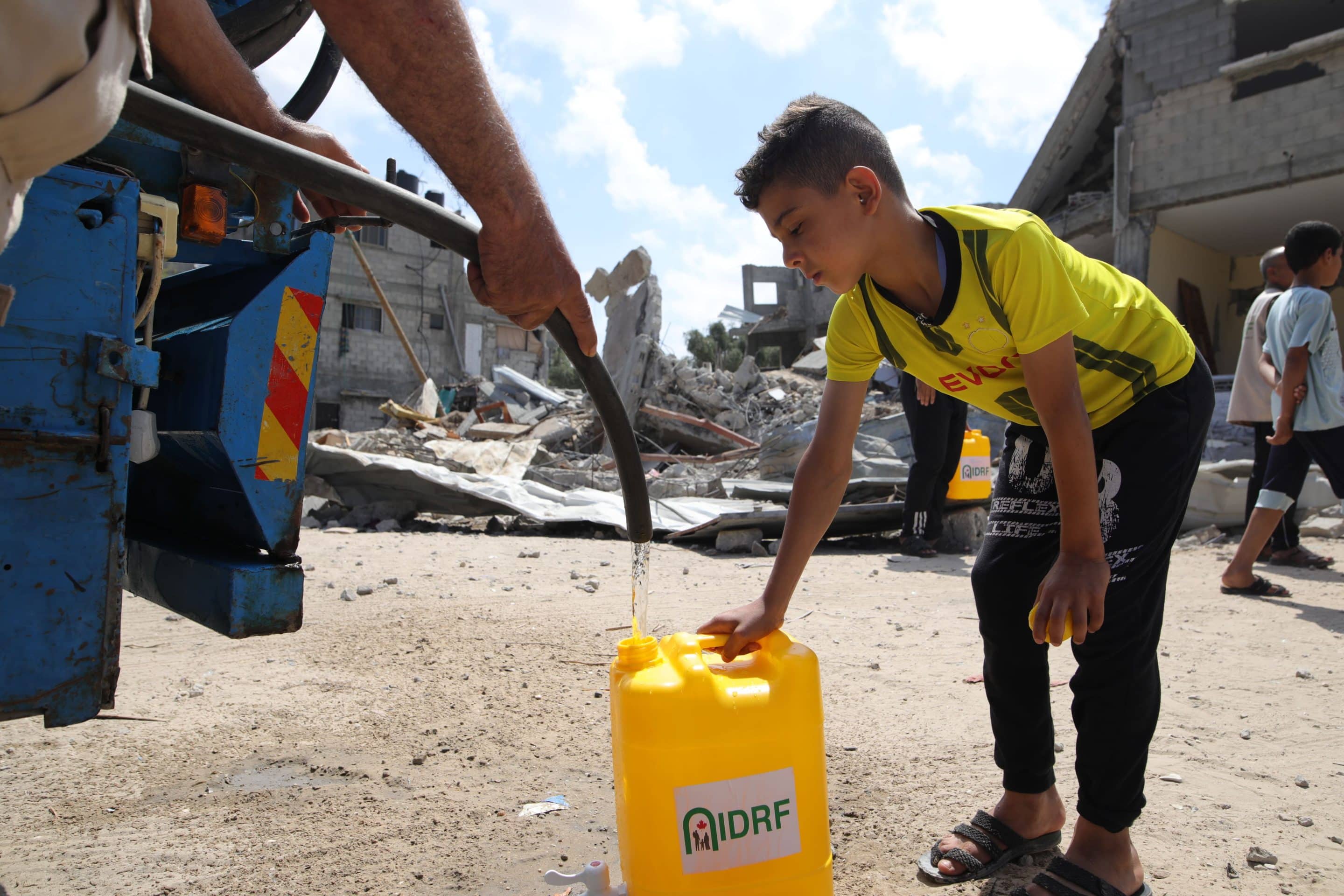
Economic Benefits of Clean Water in Developing Communities
Clean water catalyzes economic development by creating opportunities for income generation and poverty alleviation. Reliable water access enables agricultural activities, leading to increased food production and food security.
Innovative Solutions for Clean Water Provision
Addressing the challenges of clean water provision requires innovative solutions that are sustainable, cost-effective, and tailored to local contexts. Several innovative approaches have emerged in recent years, including:
Rainwater Harvesting Systems: Rainwater harvesting involves collecting and storing rainwater for future use. This approach is particularly effective in regions with adequate rainfall and limited access to traditional water sources.
Water Purification Technologies: Advanced water purification technologies, such as reverse osmosis and ultraviolet (UV) disinfection, can effectively treat contaminated water, making it safe for consumption. These technologies offer scalable solutions for both centralized and decentralized water treatment systems.
Community-Led Water Projects: Engaging the community in the planning, implementation, and maintenance of clean water projects fosters a sense of ownership and sustainability. Community-led initiatives promote long-term success and ensure that the solutions align with the specific needs and cultural context of the community.
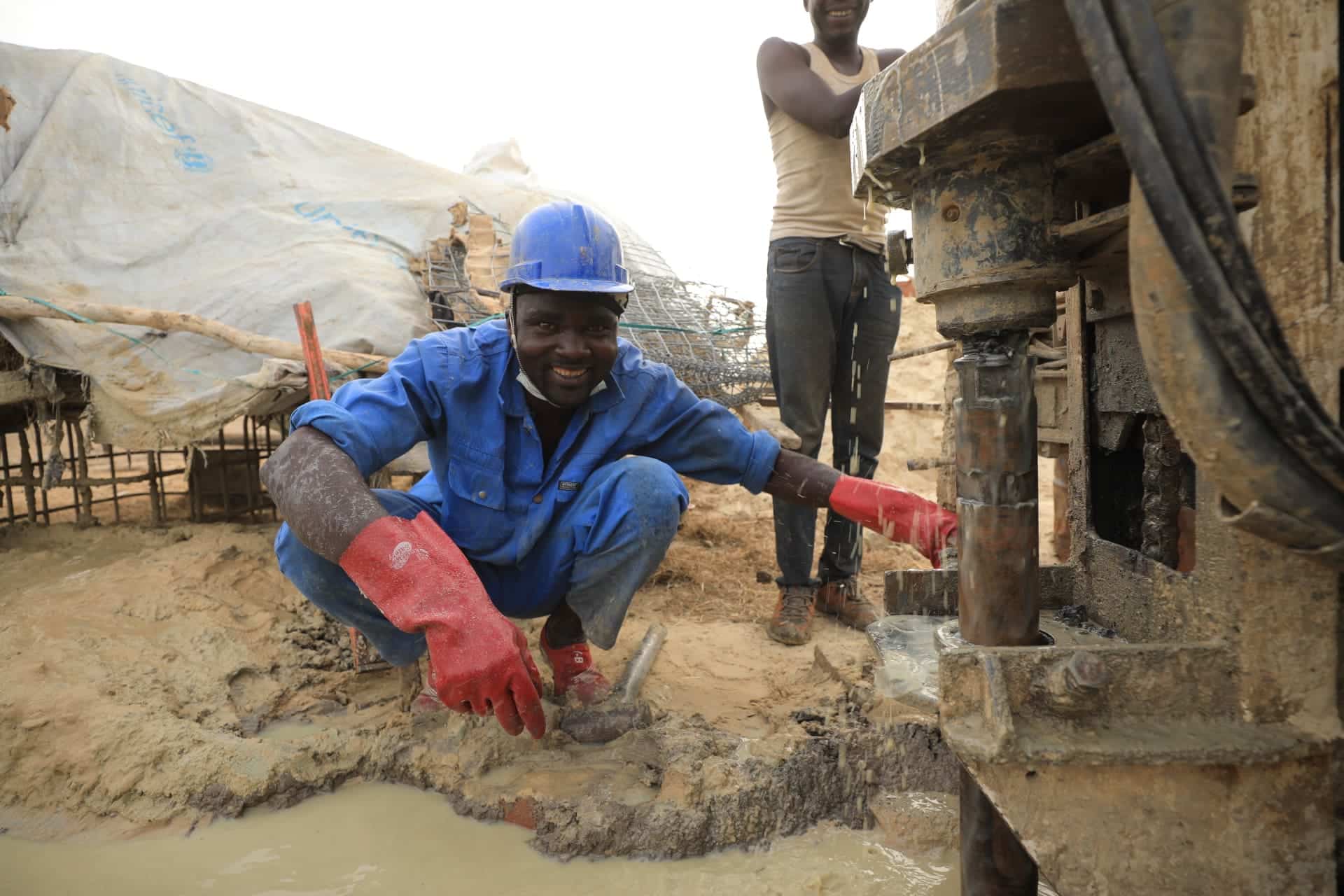
Improving Access to Water: Our Approach
At IDRF, we work with vulnerable communities to provide comprehensive solutions for improving access to clean water. We address the specific needs of women, acknowledging their disproportionate impact. We go beyond traditional approaches, providing water trucking services in emergencies and regions with water scarcity.
Our commitment is to alleviate the suffering inflicted by the global water crisis and to establish a sustainable framework that ensures universal access to clean water for all.
Prevention: The Key to Sustainable Change
Universal access to safe drinking water, sanitation, and hygiene holds the potential to alleviate the global burden of disease by 10%. Investing in comprehensive water and sanitation interventions yields a multitude of benefits, spanning economic growth, environmental sustainability, enhanced quality of life, and improved health outcomes.
For every dollar invested in WASH interventions, we lower healthcare costs, alleviate water and land pollution, and enhance the quality of life, including improved school attendance, reduced sickness, increased safety, and restored dignity.
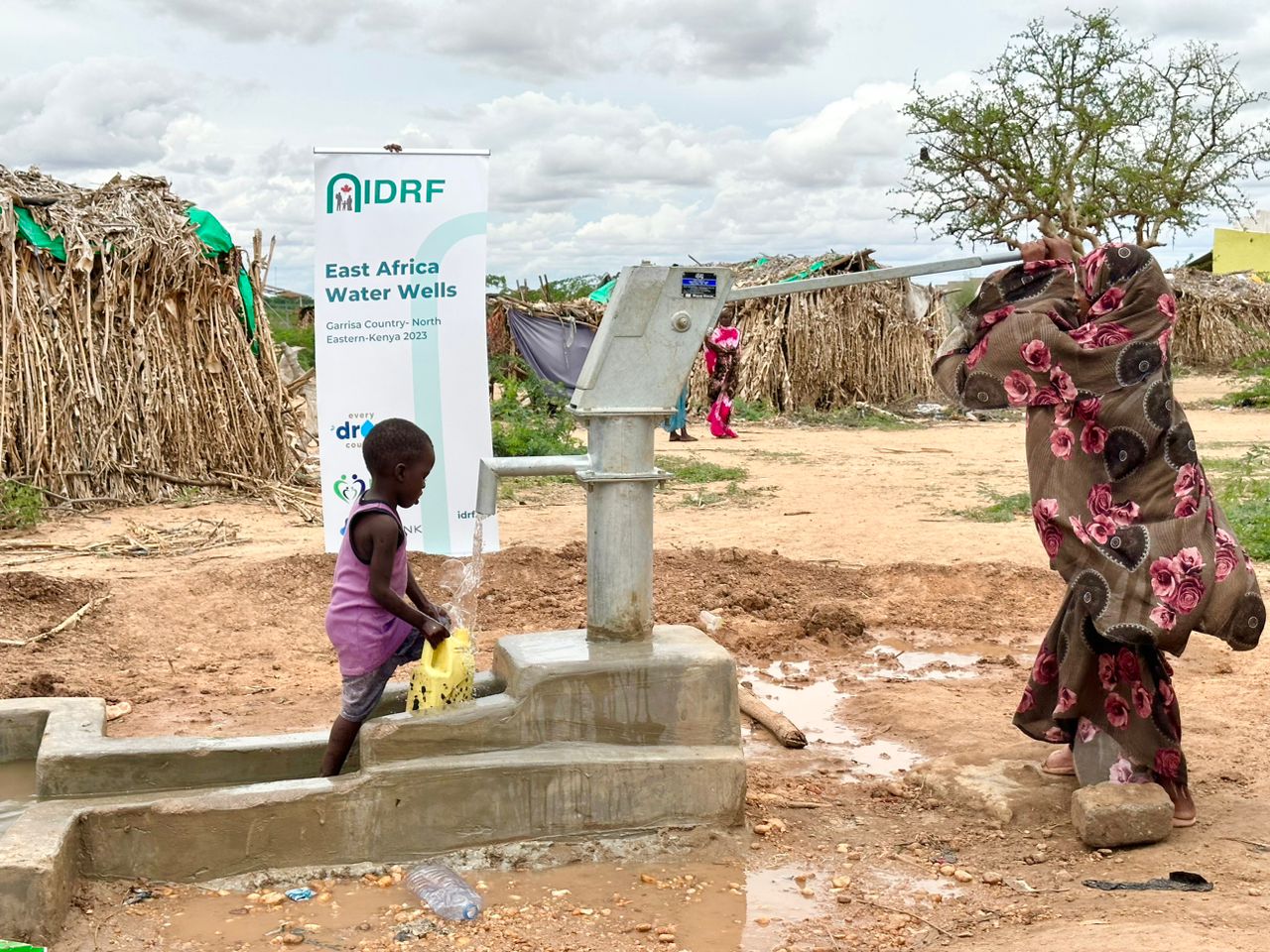
Supporting Developing Communities in Need
Support IDRF to ensure access to clean water, safe sanitation, and good hygiene for communities in need. Your donation helps provide life-saving clean water and tools, contributing to the fight against poverty worldwide. Together, we can bring hope to those facing water scarcity.

